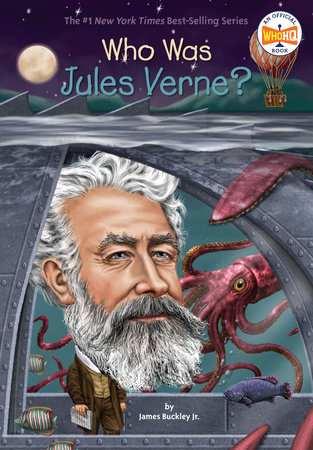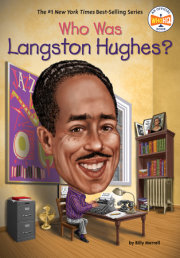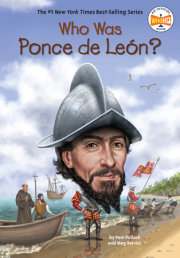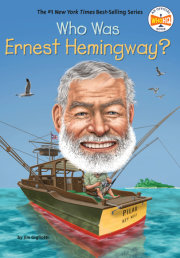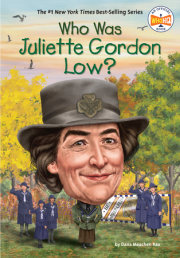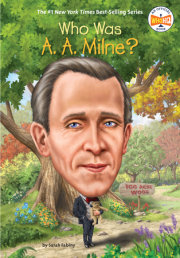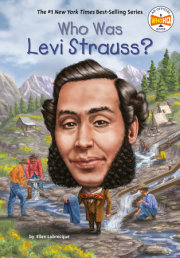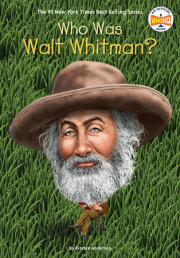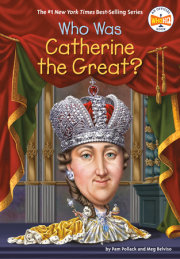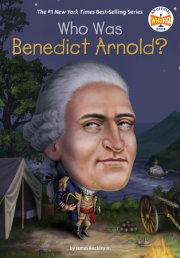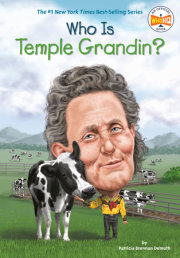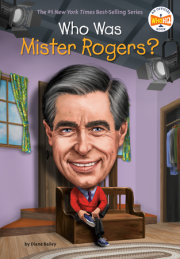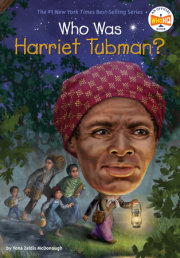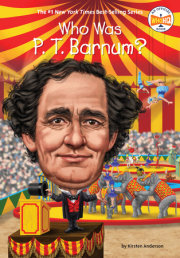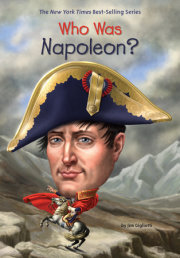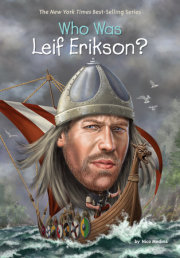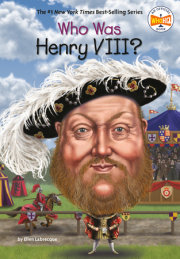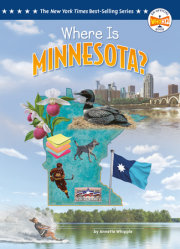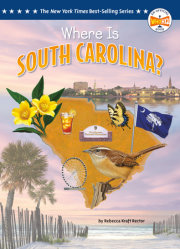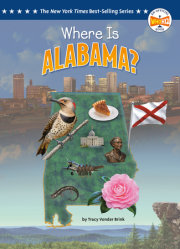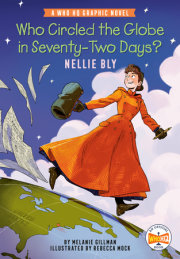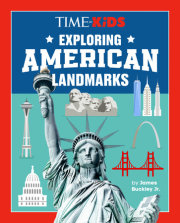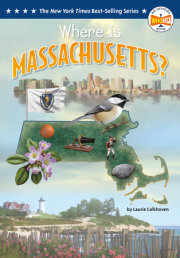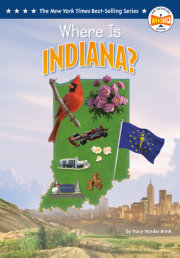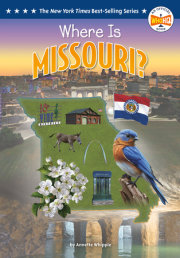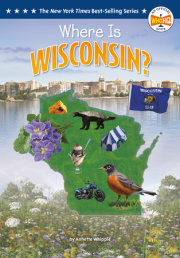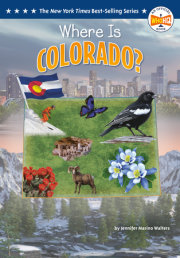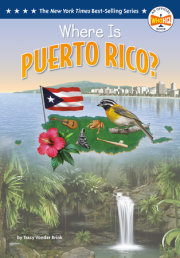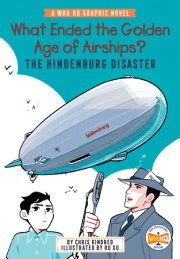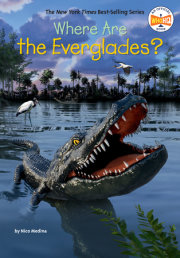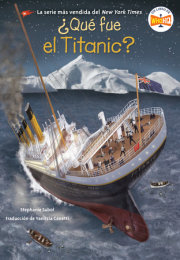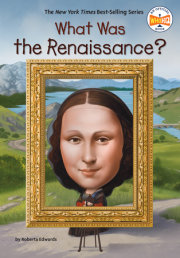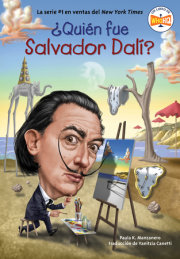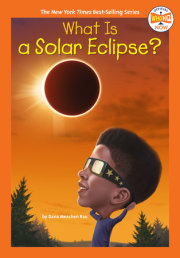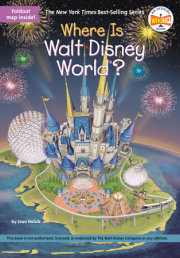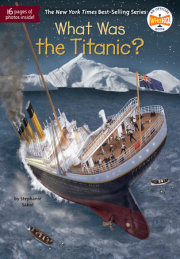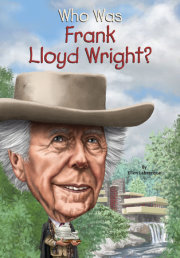Who Was Jules Verne? Jules Verne had longed to travel his whole life. He had grown up in eastern France, on an island in a river that led to the Atlantic Ocean. He had loved the ships that stopped regularly at the river port. As a boy, he had marveled at their tall masts and had been amazed at the cargo they carried into France: cocoa, spices, sugar, and exotic fruit such as mangoes.
By the time he was thirty-one, Jules had written poetry, plays, and magazine articles. But he wanted to write a book. He dreamed of writing an adventure story that would excite readers about the world around them.
He had read about some of the amazing places the world had to offer. He had read about British castles and the mysterious Scottish Highlands. He had read novels about knights and princes. He had also read books by Charles Dickens that described life in England. Now he was finally going to see those places in person. In the summer of 1859, Jules and a friend set sail from France to the islands of the United Kingdom.
The pair sailed on a cargo ship called the
Hamburg. As the ship cut through the cold waters of the Atlantic, Jules was overjoyed. He stayed up at night to look at the stars. By day, he stood at the rail and watched the ocean ahead for signs of land. After the two friends arrived in Liverpool, England, they took a train to Scotland. There Jules was stunned by the high mountains, the huge rolling valleys, and the misty lakes. Jules saw the mystical Northern Lights—waves of colored lights visible in certain places north of the Equator—and went deep into mines in the hills. On the way home, they also visited the famous city of London.
After he returned to France, Jules knew what he wanted to write about. Within a year, he had started work on the adventure novels that would make him one of the world’s most popular authors. The young boy who had marveled at the ships bringing the world to him grew up to be a writer who took readers around the globe on a series of marvelous adventures.
Chapter 1: The Boy Who Loved Ships Jules Verne was born on February 8, 1828, in Nantes, France. Almost as soon as he could walk, he was ready to travel.
The Verne family home was located on Feydeau Island, which is in the middle of the Loire River. The island is part of the city of Nantes. After about a year, the Vernes moved into the part of the city that was on the mainland, where Jules’s brother, Paul, was born in 1829. Their father, Pierre, was a successful lawyer. The family had a nice home with room for the two maids who helped their mother, Sophie.
The Vernes lived on the second floor of the building, because the first floor often flooded when the river rose above its banks. From the balconies in their home, Jules and Paul watched the boats move up and down the river. Nantes was where many ships from around the world arrived in France.
A shop not far from Jules’s home sold birds and animals from far-off lands. At night, Jules could sometimes hear the cries of parrots and monkeys from the shop.
As a young boy, Jules wanted more than anything to see the places those ships had come from. He later wrote, “In my imagination, I climbed their shrouds [ropes], I scrambled to their topmasts, I gripped the knobs of their masts. How I longed to cross from the quayside [shoreline] and tread their decks!” But Jules’s father had other plans for his firstborn son. He wanted Jules to become a lawyer, too.
When Jules was six, he and Paul were sent to a boarding school to begin their education. Although the school was not far from their home, the boys lived at the school. The brothers learned to read, write, and solve math problems. But when they could, they ventured into the fields. Jules later wrote that he and Paul would climb tall trees and rest in the branches. “We chatted, read, and hatched plans to travel, while the branches [were] shaken by the wind.”
When Jules was nine, Pierre rented a vacation cottage for the family in a village farther east along the river. While there, Jules and Paul finally learned to sail. They borrowed a small boat and put it into the shallow river. They were soon able to steer the boat, sail it with the wind, and begin to live out the adventures they dreamed of . . . even though they always returned home in time for dinner.
The following year, in the summer of 1838, Jules was sailing alone on the boat and ran into some trouble. A part of the bottom of the boat broke, and the little ship sank! Jules scrambled to a nearby sandbank. Surviving this small shipwreck, he felt like a castaway. He wrote later that he thought of making a hut or creating a fishing line to catch food. This happened in one of his favorite books,
Robinson Crusoe. But the tide went out quickly, and Jules easily waded through the shallow water to the safety of the shore.
The Verne family eventually included three daughters as well: Anna, Mathilde, and Marie. With five children, Pierre and Sophie needed more room. In 1840, they moved to a new and larger apartment. Pierre had become very rich. The family could now afford beautiful furniture, a large clock over the mantel, and even separate rooms for the maids.
Jules and Paul started at a new school. At St. Donatien, they studied Latin, Greek, and poetry. Jules found that he didn’t like school much, but he did like writing. He wrote poetry and short stories, and he read as much as he could. As he read and wrote, Jules began to think that perhaps the life of a lawyer was not for him.
Copyright © 2016 by James Buckley Jr.; Illustrated by Gregory Copeland. All rights reserved. No part of this excerpt may be reproduced or reprinted without permission in writing from the publisher.

